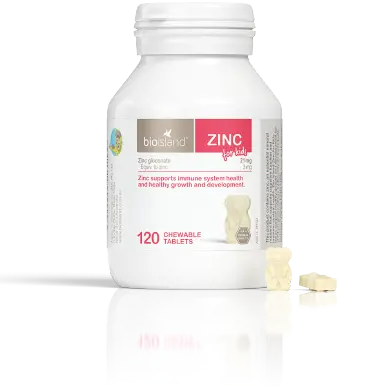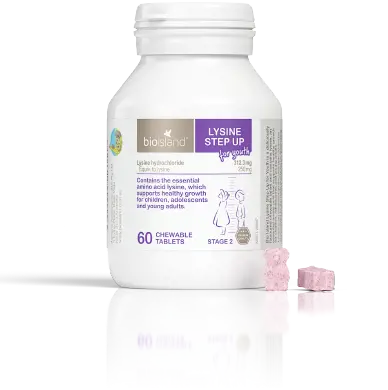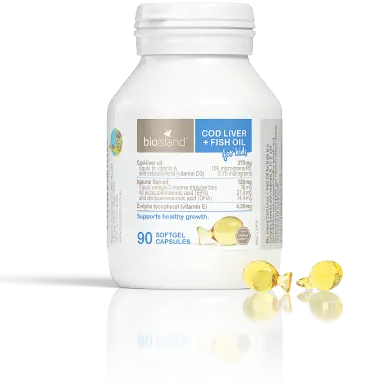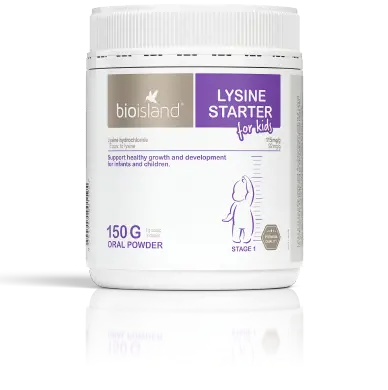
Zinc and immunity
Zinc plays an important role in boosting cells within the body, which then plays a positive role on our immune system.
Health Support
By Bio Island Nutrition Team
Our immune systems are made up of cells, tissues and organs that work together to protect the body from invading pathogens. This is also known as the immune response.
The main cells we need to remember when thinking about the immune response are leukocytes and lymphocytes, which are our white blood cells.
Phagocytes are a certain type of leukocyte, which destroy invading organisms, and lymphocytes are cells that allow the body to remember and recognize previous invaders and help the body destroy them, for example, chicken pox. Once you get sick from this disease, more than likely you won’t get sick from it again, due to the antibodies already knowing how to do their job.
It is incredibly important to know how to boost our immune system, so we are not prone to these invading pathogens. Other than simple things like hygiene practices e.g. washing hands regularly and making sure we drink lots of water, so our bodies flush out all the bad stuff. Thinking of other things like what we eat can play a crucial role on how our bodies build up its defenses and fight off pathogens.
One of these nutrients in food that we should be looking for is zinc.
Zinc Sources
It can be found in;
- Oysters
- Protein such as beef, lamb and chicken
- Pumpkin seeds
- Nuts such as pecans, brazil nuts, peanuts, almonds and walnuts
- Oats or buckwheat
White Blood Cells
A zinc deficiency can lead to increased susceptibility to a variety of pathogens. This is because zinc plays a major role in boosting white blood cells like lymphocytes which are used by the immune system to actively fight off infections. This then reduces symptoms of acute lower respirate tract infections, reduces the duration of the common cold, may be beneficial in acne by both reducing inflammatory lesions and facilitating wound healing.
Allergies
Allergies rely greatly on zinc, as well, as they play a role in reduces symptoms of a runny nose, rash, swelling, and sneezing, as zinc plays a role in blocking the release of histamine into the blood. An excess of histamine creates these symptoms and also increases your overall sensitivity to allergens.
Deficiencies
Moderate deficiency of zinc can manifest as rough skin, poor appetite, mental lethargy, delayed wound healing, cell- mediated immune dysfunction. Severe deficiencies can present as growth impairments, alopecia, diarrhoea, delayed sexual development, impotency, eye and skins lesions and impaired appetite. Most zinc deficiencies are caused by digestive disorders as it blocks the absorption of zinc, other causes include vegetarianism, older infants who were breastfeed, alcoholics and if the immune system is regularly fighting off pathogens.
Some factors can play a role in blocking the absorption of zinc include;
- Pairing your meal with tea or coffee
- A high dairy intake
- High fibre intake
- Use of antacids or other medication that may be used to reduce stomach acid and reflux.
- Taking supplements such as iron, folic acid or calcium at the same time as zinc.
- Smoking
In short, zinc plays an important role in boosting cells within the body, which then plays a positive role on our immune system. Try to make sure you are getting enough zinc through your diet or supplementation so your immune system is at its best that it can be.
Supplements should not replace a balanced diet. If symptoms persist consult your healthcare professional.
This information does not take into account your personal situation and is general in nature. You should consider whether the information is appropriate for your needs and seek professional medical advice.






